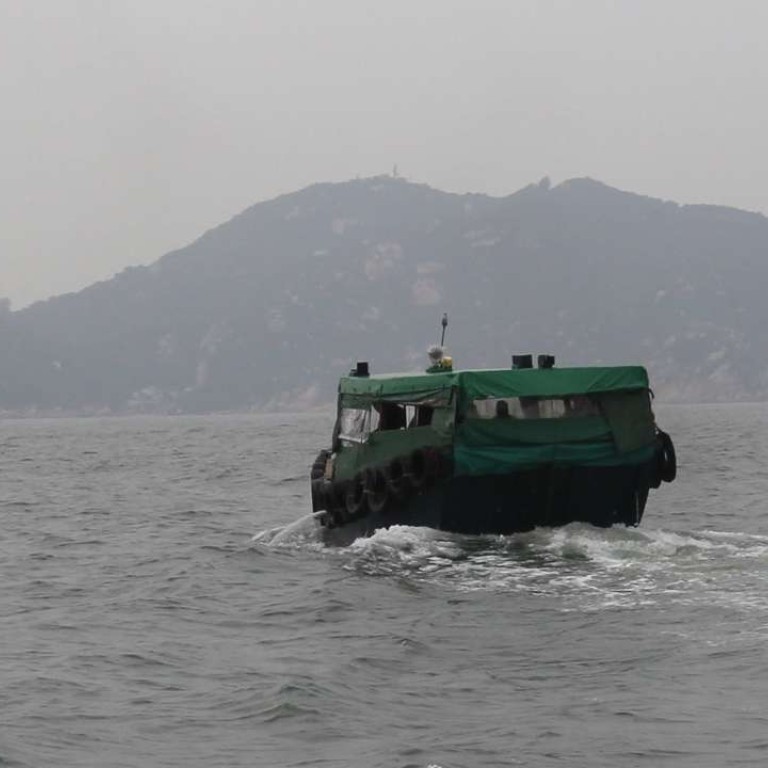
What a waste: expensive incinerator won’t do the job
I refer to Sze Ching-yiu’s letter (“Incinerator will ease pressure on landfills”, March 31). It is clear the government’s plan to fool the naive public into believing its false statements and rhetoric about its planned incinerator is actually working.
The Environmental Protection Department, which instigated the waste management plan, has been widely criticised for its poor plan and choice of incinerator and the facts of the budget are now a bigger concern, according to Legco. The incinerator proposed is likely to be the world’s most expensive, inefficient and partial solution to waste.
The fact is that 30 per cent of all that is burnt will go to landfills. That 30 per cent has no use and is highly toxic. Wet waste cannot be burnt, therefore the figures the naive public believe will actually be a fraction of what is published. One incinerator will not be enough. Landfills will have to be extended and the incinerator will pollute the air. The logistics of moving waste from source to the incinerator at a remote island off Lantau is a nightmare and further causes issues with regard to shipping and traffic congestion.
The reality is if recycling was implemented immediately together with waste charging, the reduction in waste would have been significant. If food waste recycling initiatives were implemented, then the reduction may have been enough to not need an incinerator at all.
The biggest mistake the government made was not investing in gasification technology as opposed to incineration. This technology could have been used to create bio jet and marine fuel that could have been sold for a profit. The technology can be used to dig up the existing landfills and turn the old rotting waste into fuel as well. The double benefit is that Hong Kong would be able to reuse the landfill sites as usable land. The only by-product of gasification is an inert slag which can be used as construction aggregate, something Hong Kong currently needs to import. So before readers believe what this government tells them, they should do some simple searching online and see what other governments are doing.
If the Hong Kong administration did the same, it would have saved billions of dollars. Instead we will be paying for its bungling, not only financially but with our health and our children’s health.
Craig Colbran, Lantau

